
Himself
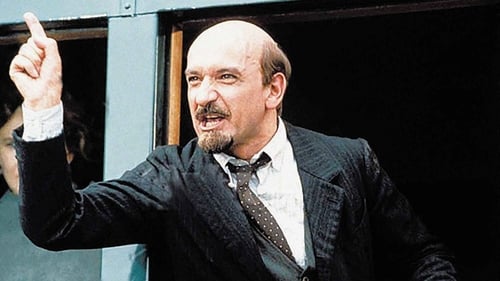
Executive Producer
March/April 1917. The first world war is already a couple year to pace. A sealed train with Russian emigrants keeps on driving from Zürich Germany and Sweden to Sint-Petersburg. The outlaws stand under the guidance of Vladimir J. Lenin. Two senior officers support the revolutionary bomb "to ensure that everything runs smoothly. Yet there are some unpleasant clashes between Socialists and enthusiastic workers who are worried about the war. During train travel there comes an end to Lenin's affair with the gracious Inessa, and his wife Nadja is prepared take back him. The triumphant entrance in St. Petersburg will exceed all expectations....
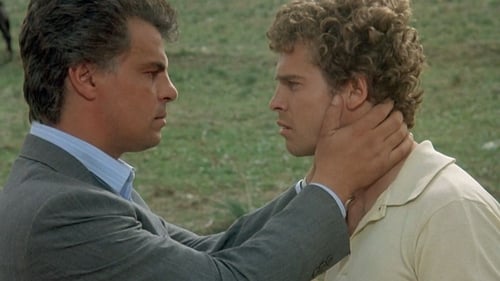
First Assistant Director
Mario (Placido), an Italian American who manages a pizzeria in NYC, is charged with an assassination of a judge in Palermo. He leaves the States, comes back to Sicily and recruit Michele, his younger brother, for some help. Michele is a good guy not involved with the Mafia, that is trying to build his life on honesty and hard-working. Michele needs some money to give freedom to a prostitute he is in love, and Mario promise his help in change of an hands to set up his trap for the judge. Anyway Michele isn't made with the same "pasta" of Mario, he couldn't never be a real Mafioso and this causes many between the two brother and the Mafia. There is only a way for Mario to save his brother. A way that Mafia could like.
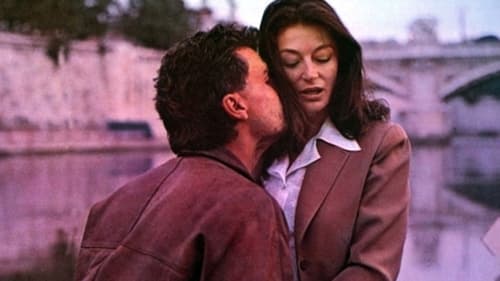
Ponticelli's brother
Mauro, a judge, is worried about his older sister Marta, who took care of him since he was a boy, and now suffers from mental illness and suicidal thoughts. She seems to recover from her depression when Mauro acquaints her with Giovanni, a brilliant actor at the edge of legality. However, Mauro becomes unconsciously jealous of their relationship and tries to get Giovanni arrested.
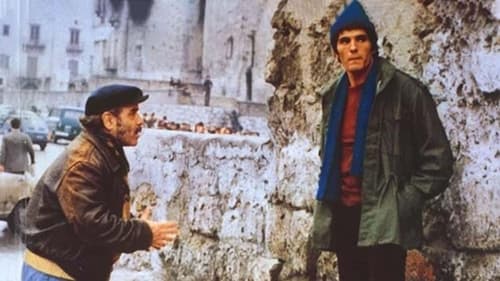
First Assistant Director
Nino, a regular working-class guy, finds that a hitman has been hired to kill him. He discovers that a wealthy woman has been kidnapped and that everyone who was involved in it is being killed off. However, Nino had nothing to do with the kidnapping and has to find out who has sent the killers and stop them before it's too late.
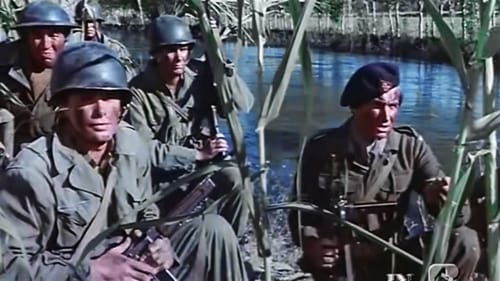
Second Unit Director
In 1939, at a Paris café, six friends of various nationalities vow to meet again at the same spot after the end of WW2.

Lorenzo
Paolo has been reasonably happy for the past 10 years; he has a job at the university and has Sena as a lover all these years. When she suddenly decides to leave the relationship, it comes as a shock to him, and he desperately wants to know the reason. After a series of reconciliations and separations, he finally finds out and briefly has another apparently blissful relationship with Silva.

First Assistant Director
As John Dhannay, a CIA agent stationed in Rome, plans the overthrow of an African government, he discovers one of his men has been in contact with agents from the other side. Before he can confront the traitor, the man seemingly goes crazy, sniping several people before taking an adulterous couple hostage in a hotel room.
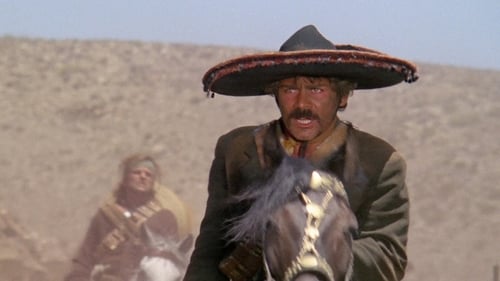
Assistant Director
El Chuncho's bandits rob arms from a train, intending to sell the weapons to Elias' revolutionaries. They are helped by one of the passengers, Bill Tate, and allow him to join them, unware he is an assassin working for the Mexican government.

Assistant Director
This excellent short film written by the magnificent filmmaker duo of Luis García Berlanga and screenwriter Rafael Azcona was to be part of a series entitled Los Pícaros (The Rogues) which was never continued. These two artists were responsible for such masterpieces of Spanish cinema as Plácido and El verdugo (The Executioner). Here, Berlanga and Azcona collaborated for the first time, setting the stage for the post-war "Berlanguiana" vision that would develop. José Luis López Vázquez plays Julián, a seedy swindler, who with his cronies tries to sell a streetcar to a rich but naive farmer, a newcomer to the city. High jinx ensue. With this film begins the great stage of Berlanga's filmmaking in which he mixes a little social criticism and notes of anti-clericalism with a great deal of farce.

Assistant Director
Four young men are cited in a kiosk during a rainy afternoon. One has to study and the other three go to the cinema, although they are not allowed to entry because their young age. The group consists of Andrés, who works as bellboy in a hotel and dreams of becoming a bullfighter; Chispa, who follows the orders of an old grumpy man; Carlos, a student; and Negro, a shy boy. All they want is to have fun; but reality forces them to confront the problems of the adult world.









